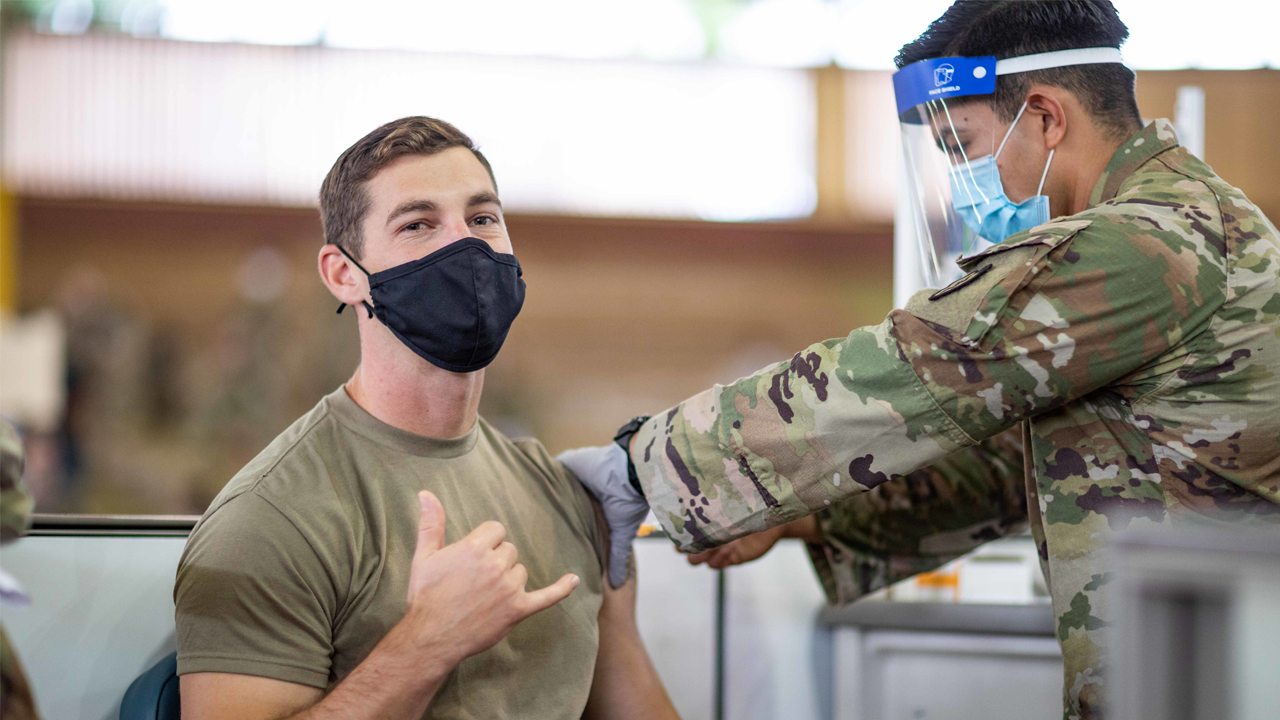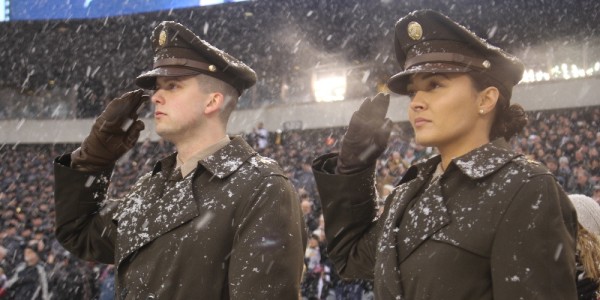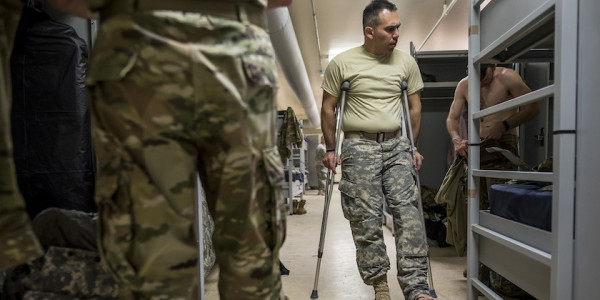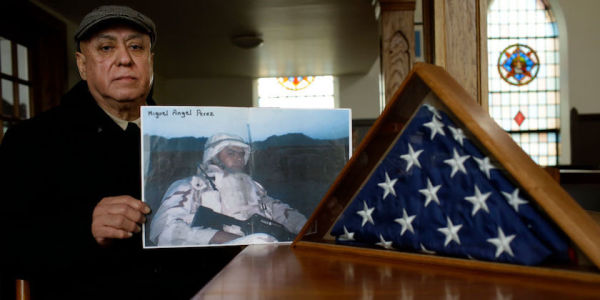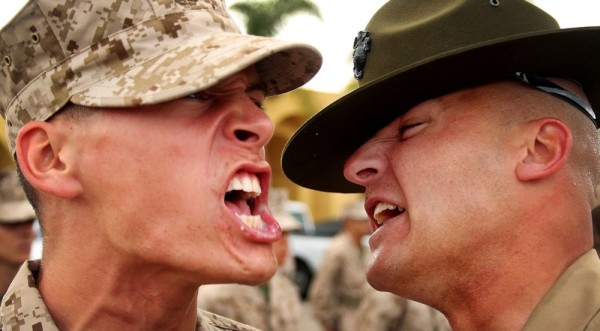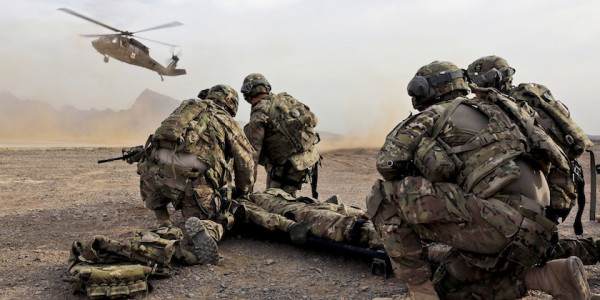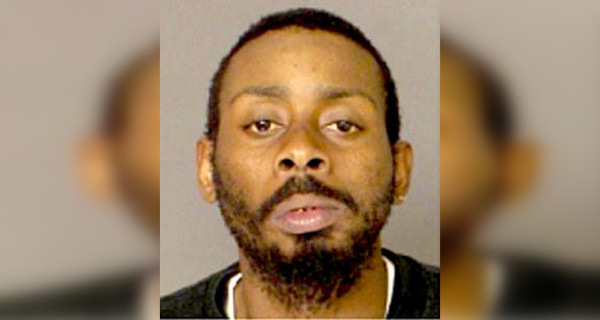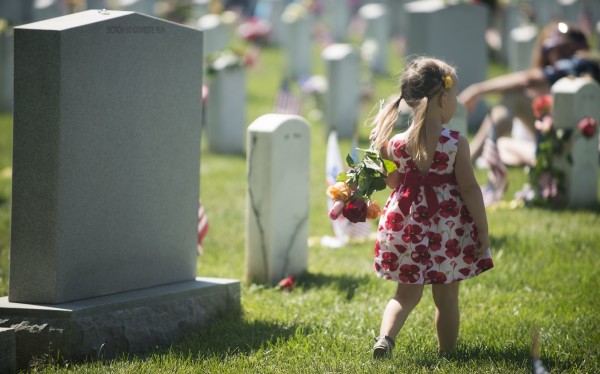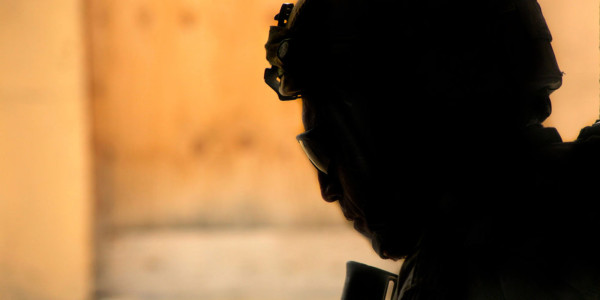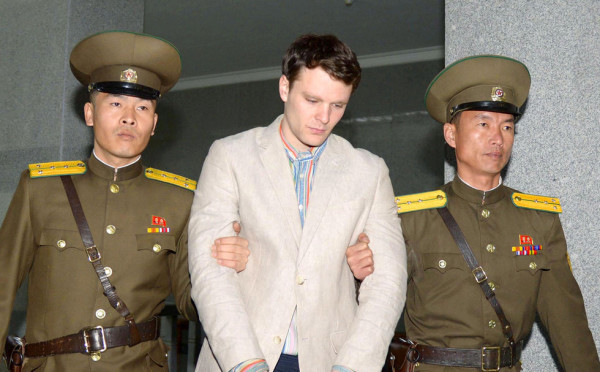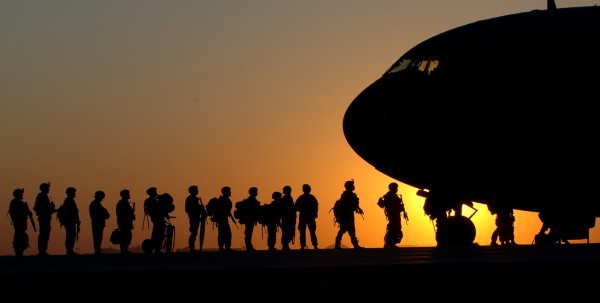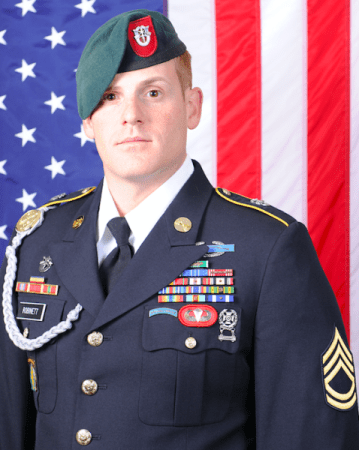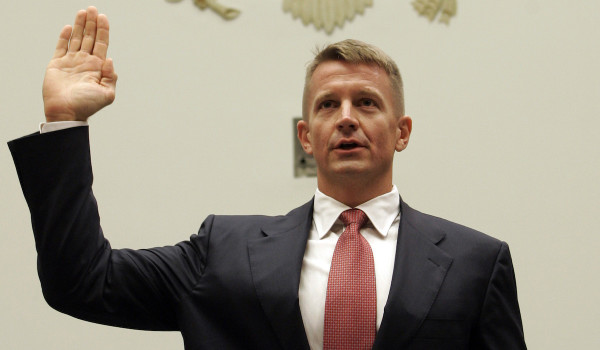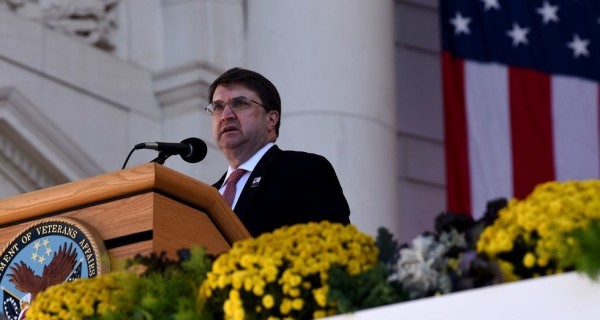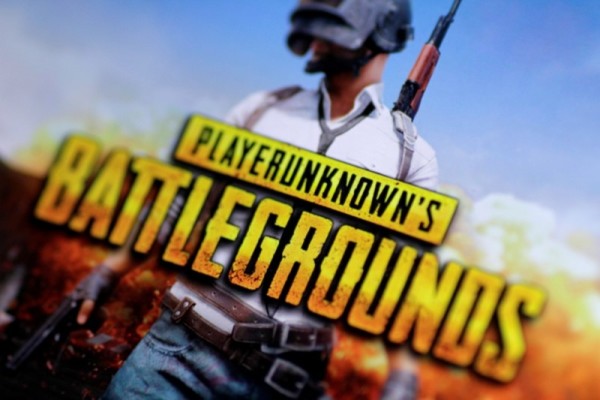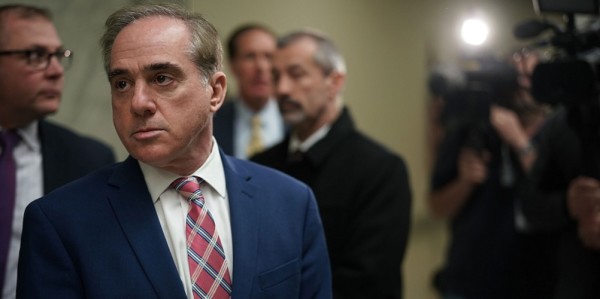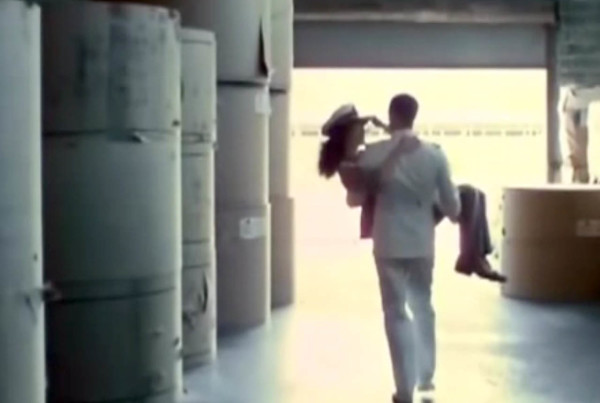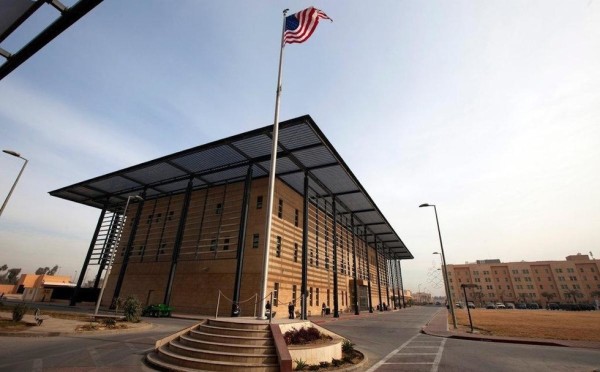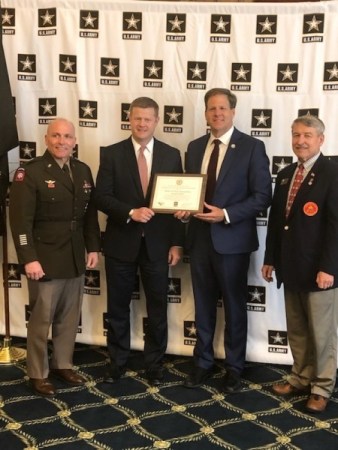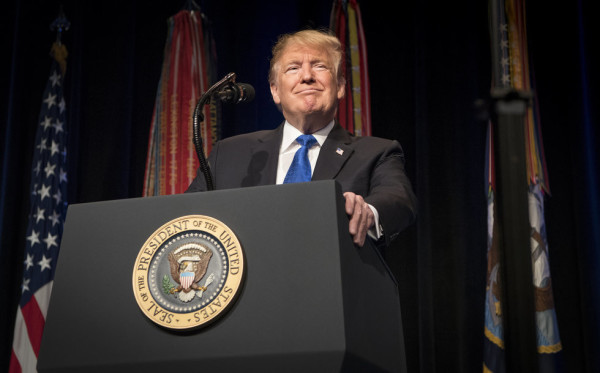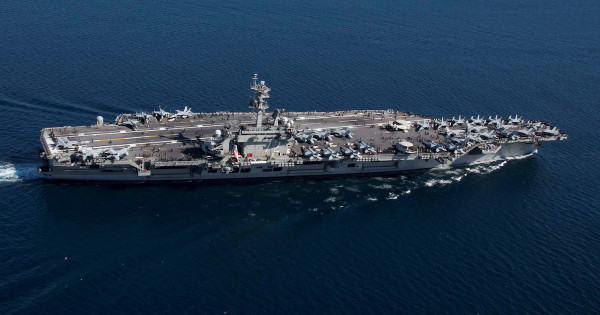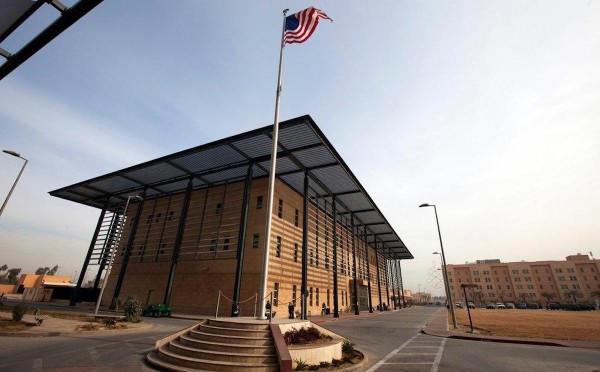Army 1st Sgt. Marcell Perez was in no hurry to get the novel coronavirus (COVID-19) vaccine.
Initially, Perez was concerned with how quickly the vaccine had come out, and when his chain of command at the 82nd Sustainment Brigade in Fort Bragg, North Carolina told him it wasn’t mandatory, he figured “there’s no rush for me to get it.” He also had reservations about the efficiency of vaccines in general — a few years ago, Perez caught a nasty flu that put him in the hospital despite getting the flu shot that year.
“That gave me a bad experience with vaccines,” Perez said on Thursday.
He’s since changed his mind, and on Monday he’s scheduled to get his second dose of the COVID vaccine.
While the exact number of service members who have declined to receive the vaccine is unclear, CNN reported last month that the current rejection rate is nearly 50 percent. But Perez is apparently one of many who have decided to get vaccinated after initially opting out. Army Lt. Gen. Ronald Place, the director of the Defense Health Agency, said on Thursday that they are seeing “many individuals who were taking a ‘wait and see’ approach now coming in for the vaccine.”
The 18th Airborne Corps recently explored the issue in an episode of their official podcast with three soldiers who decided to get vaccinated after originally opting out. So what’s changing their minds?
Their reasons for deciding to get vaccinated were similar to three other 18th Airborne Corps soldiers who spoke to Task & Purpose: learning more statistics and facts about the vaccine, wanting to protect their loved ones, or coming to the conclusion that the Army likely wouldn’t provide a harmful vaccine to its own fighting force.
“Why would they give us something that’s going to take us out of the fight or keep us from protecting ourselves or the country,” Perez said. “That makes no sense.”
One significant factor that came up in almost every conversation was soldiers seeing their leaders get vaccinated and talking with them about their reasons for getting it. Staff Sgt. Anthony Johnson with the 82nd Airborne Division said when his commander came back from deployment he “immediately” went to get the vaccine.
“I talked to him about it, I was like ‘Hey sir, you ain’t scared?’ He’s like ‘No man … I want to be vaccinated and not have to worry about this and get back to some normal stuff.’ And that was the main thing in the back of my mind, I want to get back to doing normal things,” Johnson said.
Staff Sgt. Keara Holbrook, one of the soldiers interviewed on Fort Bragg’s 18th Airborne Corps’ podcast, said she’d been concerned over rumors she heard about the vaccine, but that her chain of command “shut all of those rumors down.” She said her first sergeant even helped her research what was in the vaccine so she had all the information she needed.
“The fact that my 1st Sgt. actually went and got the vaccine, I was like, okay, well I believe you now because you’re not going to get something that’s going to hurt you,” Holbrook said, adding that when she spoke to her soldiers about it and said she was getting it, they signed up to get vaccinated as well.
“A lot of the soldiers still feel that it’s too early to go get vaccinated,” she said. “But I do see a lot of them changing their minds when their leadership goes and gets it.”
For one soldier at Fort Campbell, Kentucky, Spc. Kendall Lewis, the decision to get vaccinated came after he heard more about the devastating personal impact of COVID-19 from health care professionals in his life. A friend of his back home is an ER nurse, he said, and she told him about her experiences having to tell family members that their loved one had COVID-19 and needed to be put on a ventilator. She and his mom, who is also a nurse, talked with him about the vaccine and their view on why it’s important for everyone who can to get vaccinated.
It made an impact on him.
“I thought you know, I can’t be selfish … I don’t personally want to be responsible for, whether knowingly or unknowingly, passing the disease on to someone’s sibling, mom, dad, and them having to deal with that experience,” he said. “Any small part I can play in doing away with COVID, I was definitely on board with that.”
Regardless of why someone decides to get vaccinated, Staff Sgt. Johnson said it’s a matter of personal responsibility and personal choice, and for service members specifically, it’s also “part of being ready.”
“I signed up for the Army, to volunteer to protect the country and serve,” Johnson said. “And this is just another fight.”
FILE PHOTO: A soldier at Schofield Barracks, Hawaii, receives the COVID-19 vaccine, Jan. 14, 2021. (U.S. Army/1st Lt. Angelo Mejia)

